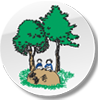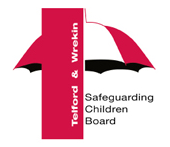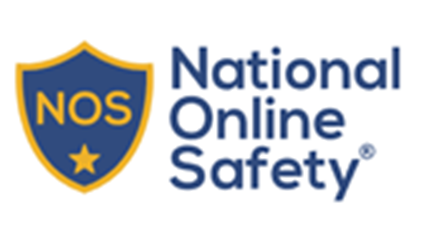At Lawley, we use a whole school approach to online safety and have adopted the ‘Project Evolve’ programme, which follows the statements in the 'Education for a Connected World framework. This runs in conjunction with some additional online safety aspects that are covered in the Computing curriculum NCCE framework. The Project Evolve programme covers knowledge, skills, behaviours and attitudes of our online lives from Early Years up to Key Stage 2 and beyond. The strands covered are:
- Self-Image and Identity
- Online Relationships
- Online Reputation
- Online Bullying
- Health, Well-Being and Lifestyle
- Privacy and Security
The philosophy behind Project EVOLVE is designed to “evolve” the online safety messages that children are taught so that they are appropriate, meaningful, encourage reflection and generate positive outcomes. It aims to provide the right opportunity for discussion; prompted by appropriate questions accompanied by honest and useful information to shape thinking and challenge misconceptions.
We also access the updates provided by National Online Safety. These are communicated weekly to our children and parents via email and social media. A monthly e-safety newsletter is also communicated to parents and carers.
To view the Online Safety Digital Images and Social Networking Policy, please see the safeguarding policies section.
Early Years
Children in Reception explore their feelings in relation to being online and offline. One of the key messages they learn in is they have the right to say 'no', 'please stop', 'I'll tell' and 'I'll ask.' They look at different ways that they can communicate using technology. Children begin to learn that people can be unkind online and know a set of rules for dealing with issues and to keep themselves safe online.
Key Stage 1
In Key Stage 1, children consider who are their safe adults that they can go to when experiencing issues online. Children learn why it is important to be kind and considerate to others when using the internet and they begin to think about the risks of communicating online with people they do not know. Children begin to be able to explain the rules for keeping personal information private.
Key Stage 2
In Key Stage 2 children explore the strands of our online lives in greater depth. By the time children are in Year 6 they identify and critically evaluate online content including the positive and negative impact of sharing information and images online. Children can explain the strategies they can use to protect their 'digital personality' and online reputation. They will demonstrate how to use, search and reference online content and sources.
Child Exploitation and Online Protection (CEOP) Command
CEOP aims to protect children from harm online and offline, directly through National Crime Agency (NCA) led operations and in partnership with local and international agencies. If you are worried about the way someone has been communicating online, let CEOP know so they can offer support and make sure you get the help you need. To make a report you can click the logo to visit the CEOP Safety Centre.
Telford & Wrekin Safeguarding Children Board (TWSCB)
The Telford & Wrekin Safeguarding Children Board works to safeguard and promote the welfare of children in the area. Their website has a wealth of useful information about online safety, child abuse and safeguarding issues. Please click on the logo below.





